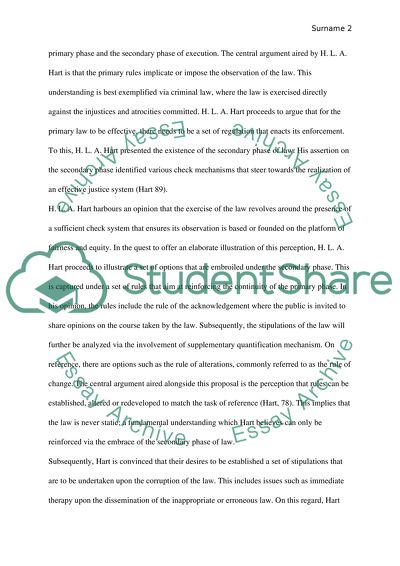Cite this document
(“Interpretation & evaluation of one theory belonging to H.L.A. Hart in Term Paper”, n.d.)
Retrieved from https://studentshare.org/philosophy/1468607-interpretation-evaluation-of-one-theory-belonging
Retrieved from https://studentshare.org/philosophy/1468607-interpretation-evaluation-of-one-theory-belonging
(Interpretation & Evaluation of One Theory Belonging to H.L.A. Hart in Term Paper)
https://studentshare.org/philosophy/1468607-interpretation-evaluation-of-one-theory-belonging.
https://studentshare.org/philosophy/1468607-interpretation-evaluation-of-one-theory-belonging.
“Interpretation & Evaluation of One Theory Belonging to H.L.A. Hart in Term Paper”, n.d. https://studentshare.org/philosophy/1468607-interpretation-evaluation-of-one-theory-belonging.


